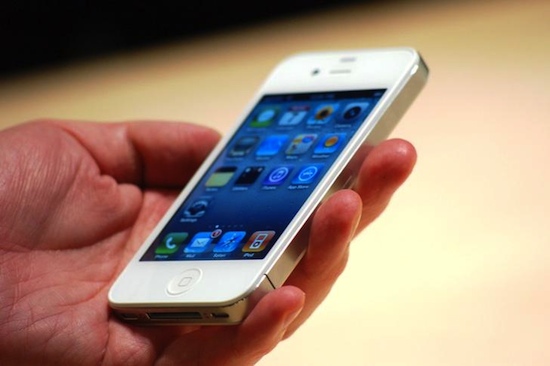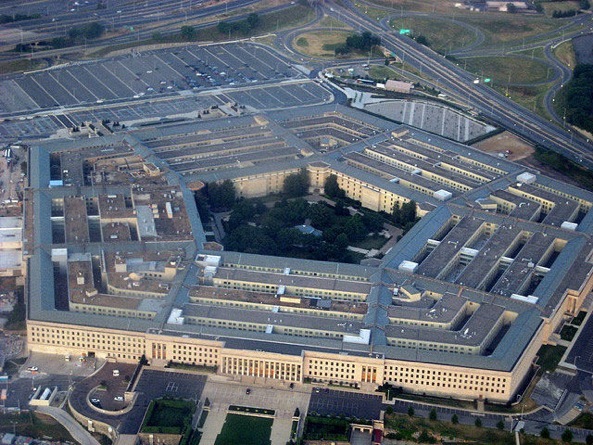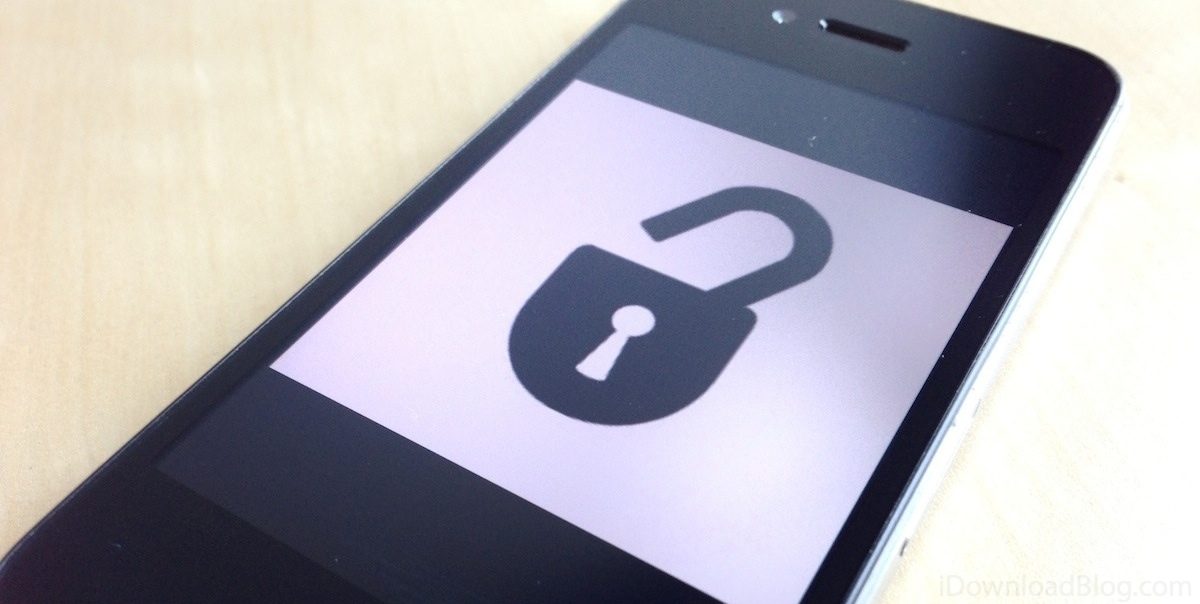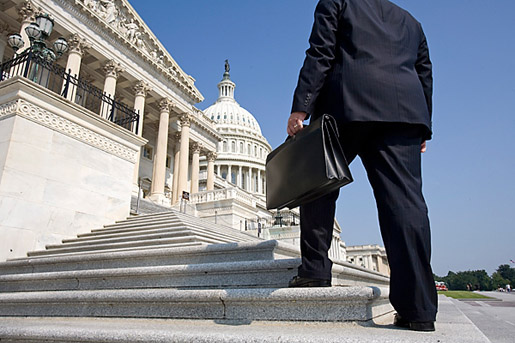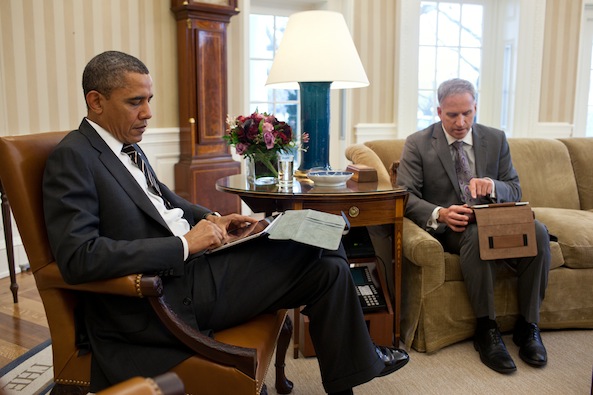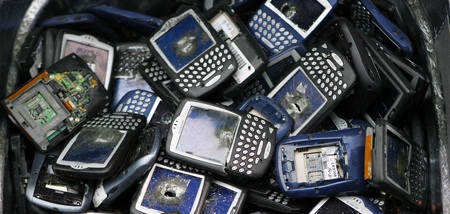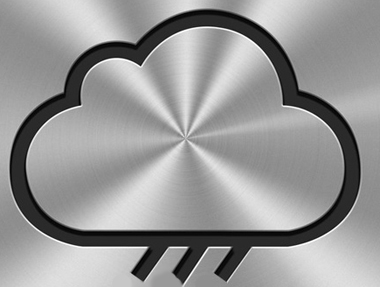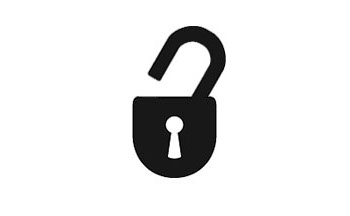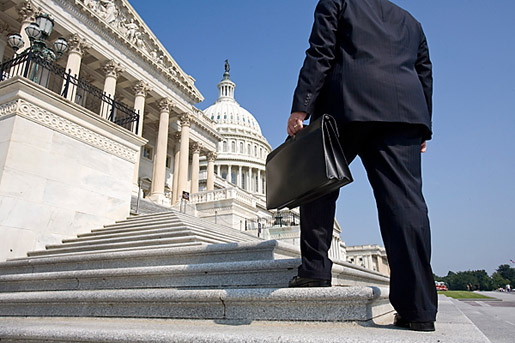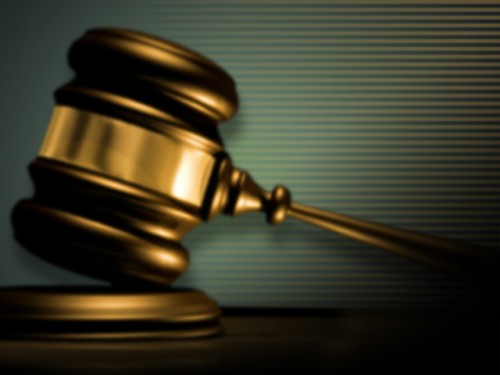A new document, submitted to court in connection with a drug investigation, has been discovered that provides a rare look at the amount of data the government can pull from a seized iPhone using advanced forensic tools.
Of course, we all know that phone searches are a common law enforcement tool. But up until now, we've mostly been in the dark regarding what information the government can grab with this invasive search technique...
